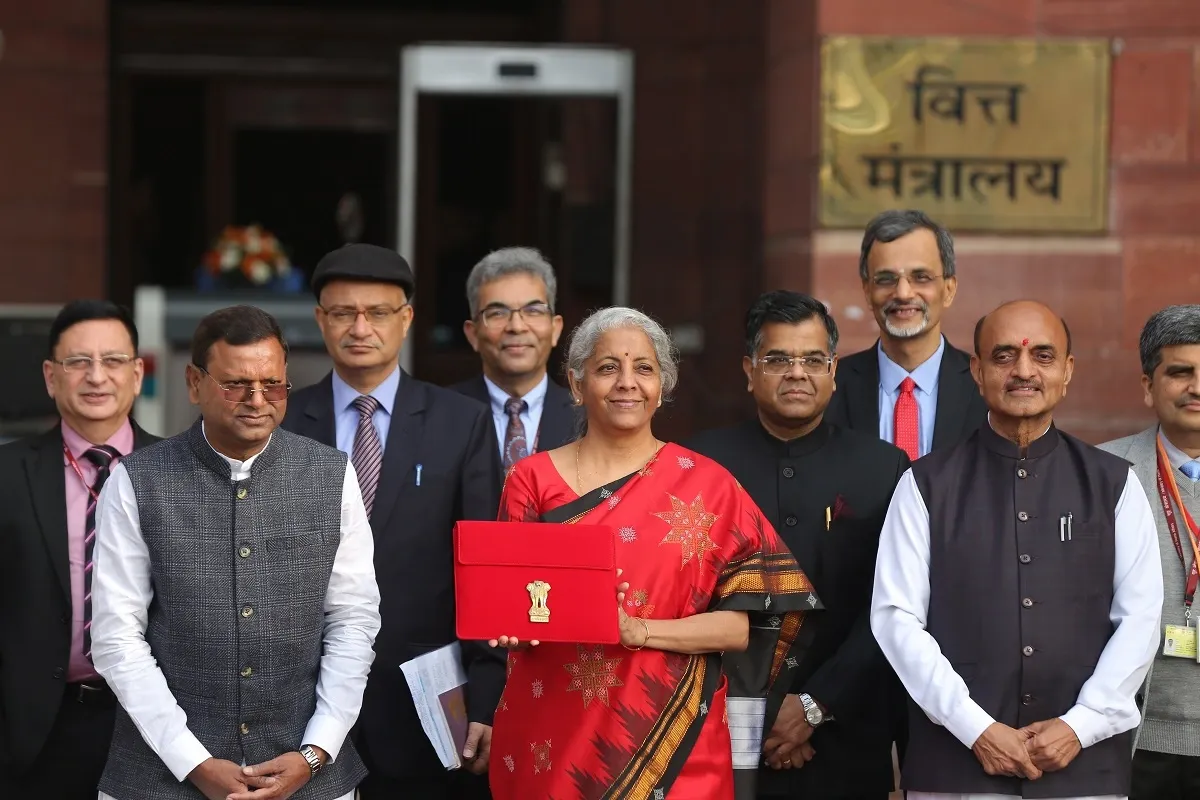Business News
Tax simplification, amnesty for customs: What PwC, EY and Deloitte expect from Union Budget 2025
.png)
4 min read | Updated on January 09, 2025, 20:06 IST
SUMMARY
Deloitte India, EY India, and PwC have outlined their expectations for Union Budget 2025-26, calling for reforms in customs duty structures, tax simplification, rural incentives, and private investment boosts.

Union Budget 2025-26 will be tabled in Parliament on February 1
Leading consultancy firms Deloitte India, Ernst & Young (EY) India, and Price Waterhouse & Co LLP have shared their expectations for Union Budget 2025-26 scheduled to be presented by finance minister Nirmala Sitharaman on February 1.
Price Waterhouse & Co LLP on Thursday said the Budget could consider levying customs duty on the basis of broader categories of the industry to reduce the number of tax rates.
The "government may come out with different slabs for various products depending on where it is placed in the value chain. Goods may be categorised as Value added/primary and raw material/Intermediary and accordingly slab rates may be fixed," said Anurag Sehgal, Managing Director at Price Waterhouse & Co LLP.
The firm also recommended extending the low 15% tax on new companies to existing firms expanding their manufacturing facilities or making brownfield investments.
In her Budget speech last year, Sitharman announced a comprehensive review of the customs duty rate structure over the next six months to rationalise and simplify it for ease of trade, removal of duty inversion and reduction of disputes.
Currently, there are more than a dozen customs duty rates, and the government is looking at reducing the number of rate slabs.
**EY India **
EY anticipates significant reforms to simplify the tax system and improve taxpayer services, reduce litigation, and enhance tax compliance.
"While a full comprehensive review of the direct tax code may take time, we might see some initial steps towards its implementation in this Budget. I also hope for a reduction in personal income tax, particularly for the lower-income groups, to provide relief and stimulate demand," said Sameer Gupta, National Tax Leader, EY India.
The government is already working on simplifying the Income Tax laws. It should follow a consultative approach and invite public comments on the draft proposals, EY said.
"Key areas of focus are likely to include enhancing public spending, reducing the fiscal deficit, incentivising private sector investment, and introducing targeted tax reforms that foster business innovation," EY said.
Deloitte India released an 88-page booklet on Budget expectations.
Dr Rumki Majumdar, economist, Deloitte India, said they expect a focus on long-term solutions aimed at strengthening the agricultural value chain, incentivising production and addressing structural supply-side issues that add to the delivery cost.
"In the short term, we expect the government to go with Direct Benefit Transfer (DBTs) and food coupons to support rural consumption, as rural inflation is higher and affects rural deman," she said.
Majumdar recommended targeted incentives to boost labour-intensive manufacturing sectors, allocating resources to technology innovations that enhance the quality of blue-collar jobs, and extending financial support to employers and employees to facilitate skill development.
Underlining the government's priority to control inflation, she said long-term initiatives, such as value chain development projects, could be introduced to address the sudden surge in food prices and reduce post-harvest losses.
“In the last couple of years, the finance minister has increased the basic exemption limit for individuals and tinkered with tax slabs to provide relief to the lower income bracket as well as those in the highest tax bracket in respect of surcharge levy. Hence, it would be great to provide some support for taxpayers earning between Rs 15 lakh and Rs 50 lakh or more. The government should use this lever suitably to balance between tax collections while encouraging consumer spending,” Business Today quoted Aarti Raote, partner at Deloitte India, as saying.
Deloitte India also expects the government to announce an amnesty scheme to address pending litigation matters under customs.
"This will help especially help small businesses avoid past disputes and move ahead with a clean slate," said Mahesh Jaising, Partnet, Deloitte India.
By signing up you agree to Upstox’s Terms & Conditions
About The Author
Next Story

